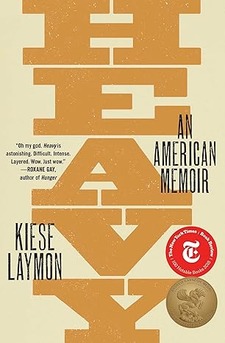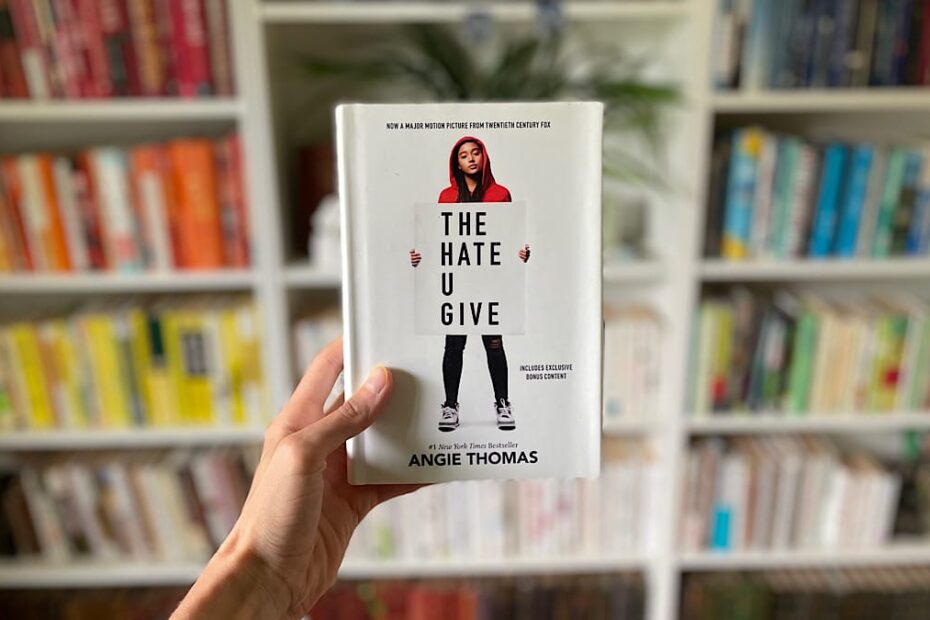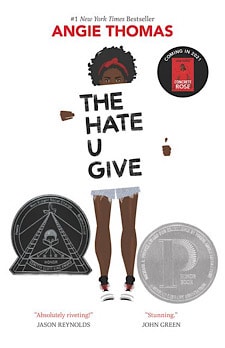“In class, I only spoke when I could be an articulate defender of black people. I didn’t use the classroom to ask questions. I didn’t use the classroom to make ungrounded claims. There was too much at stake to ask questions, to be dumb, to be a curious student, in front of a room of white folk who assumed all black folk were intellectually less than. For the first time in my life, the classroom scared me. And when I was scared, I ran to cakes, because cakes felt safe, private, and celebratory. Cakes never fought back.”
Kiese Laymon, Heavy (Page 123)
“The rest of my teachers maybe did the best they could, but they just needed a lot of help making their best better. There were so many things we needed in those classrooms, in our city, in our state, in our country that our teachers could have provided if they would have gone home and really done their homework. They never once said the words: ‘economic inequality,’ ‘housing discrimination,’ ‘sexual violence,’ ‘mass incarceration,’ ‘homophobia,’ ’empire,’ ‘mass eviction,’ ‘post traumatic stress disorder,’ ‘white supremacy,’ ‘patriarchy,’ ‘neo-confederacy,’ ‘mental health,’ or ‘parental abuse,’ yet every student and teacher at that school lived in a world shaped by those words.”
Kiese Laymon, Heavy (Page 114)
“Some days, the tears just be pouring out my eyes, Kie. But Grandmama is too heavy to blow away or drown in tears made because somebody didn’t see me as a somebody worth respecting. You hear me? Ain’t nothing in the world worse than looking at your children drowning, knowing ain’t nothing you can do because you scared that if you get to trying to save them, they might see that you can’t swim either. But I am okay. You hear me?”
Kiese Laymon’s Grandmother, Heavy (Page 8)
Heavy: An American Memoir [Book]

Book Overview: In Heavy, Laymon writes eloquently and honestly about growing up a hard-headed black son to a complicated and brilliant black mother in Jackson, Mississippi. From his early experiences of sexual violence, to his suspension from college, to time in New York as a college professor, Laymon charts his complex relationship with his mother, grandmother, anorexia, obesity, sex, writing, and ultimately gambling. Heavy is a “gorgeous, gutting…generous” (The New York Times) memoir that combines personal stories with piercing intellect to reflect both on the strife of American society and on Laymon’s experiences with abuse. By attempting to name secrets and lies he and his mother spent a lifetime avoiding, he asks us to confront the terrifying possibility that few in this nation actually know how to responsibly love, and even fewer want to live under the weight of actually becoming free.
On Juneteenth, Opal Lee, and Breathing Oxygen Into A Movement For Change
“The people of Texas are informed that, in accordance with a proclamation from the Executive of the United States, all slaves are free. This involves an absolute equality of personal rights and rights of property between former masters and slaves, and the connection heretofore existing between them becomes that between employer and hired labor. The freedmen are advised to remain quietly at their present homes and work for wages. They are informed that they will not be allowed to collect at military posts and that they will not be supported in idleness either there or elsewhere.”
General Orders, Number 3; Headquarters District of Texas, Galveston, June 19, 1865
Beyond the Quote (169/365)
When Maj. Gen. Gordon Granger issued the above order, he had no idea that, in establishing the Union Army’s authority over the people of Texas, he was also establishing the basis for a holiday, “Juneteenth” (“June” plus “nineteenth”), today the most popular annual celebration of emancipation from slavery in the United States.
Read More »On Juneteenth, Opal Lee, and Breathing Oxygen Into A Movement For Change11 Angie Thomas Quotes from The Hate U Give on Racial Equality and Standing Up For What’s Right
Excerpt: These 11 Angie Thomas quotes from The Hate U Give are incredibly potent and simply must be read as we continue to fight for racial equality.
Read More »11 Angie Thomas Quotes from The Hate U Give on Racial Equality and Standing Up For What’s Right
The Hate U Give [Book]
Book Overview: Sixteen-year-old Starr Carter moves between two worlds: the poor neighborhood where she lives and the fancy suburban prep school she attends. The uneasy balance between these worlds is shattered when Starr witnesses the fatal shooting of her childhood best friend Khalil at the hands of a police officer. Khalil was unarmed. Soon afterward, his death is a national headline. Some are calling him a thug, maybe even a drug dealer and a gangbanger. Protesters are taking to the streets in Khalil’s name. Some cops and the local drug lord try to intimidate Starr and her family. What everyone wants to know is: what really went down that night? And the only person alive who can answer that is Starr.
Buy from Amazon! Listen on Audible!
Not enough time to read entire books? Check out Blinkist and get the key insights from popular nonfiction books in a fraction of the time. ‘Busy’ isn’t an excuse.
Post(s) Inspired by this Book:
“People like us in situations like this become hashtags, but they rarely get justice. I think we all wait for that one time though, that one time when it ends right.”
Angie Thomas, The Hate U Give
“I’ve seen it happen over and over again: a black person gets killed just for being black, and all hell breaks loose. I’ve Tweeted RIP hashtags, reblogged pictures on Tumblr, and signed every petition out there. I always said that if I saw it happen to somebody, I would have the loudest voice, making sure the world knew what went down. Now I am that person, and I’m too afraid to speak.”
Angie Thomas, The Hate U Give

